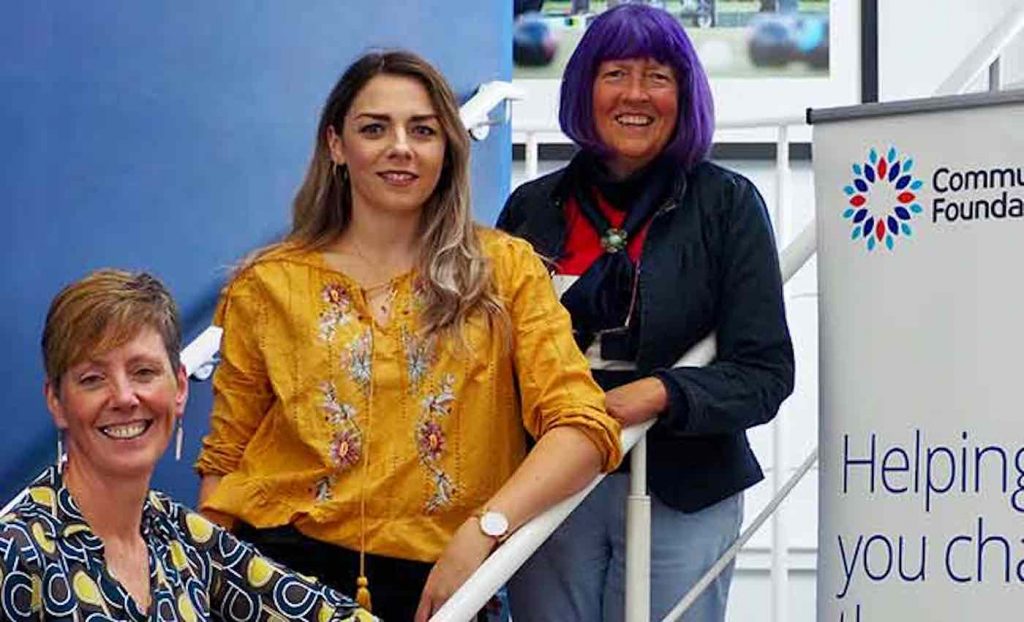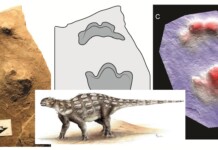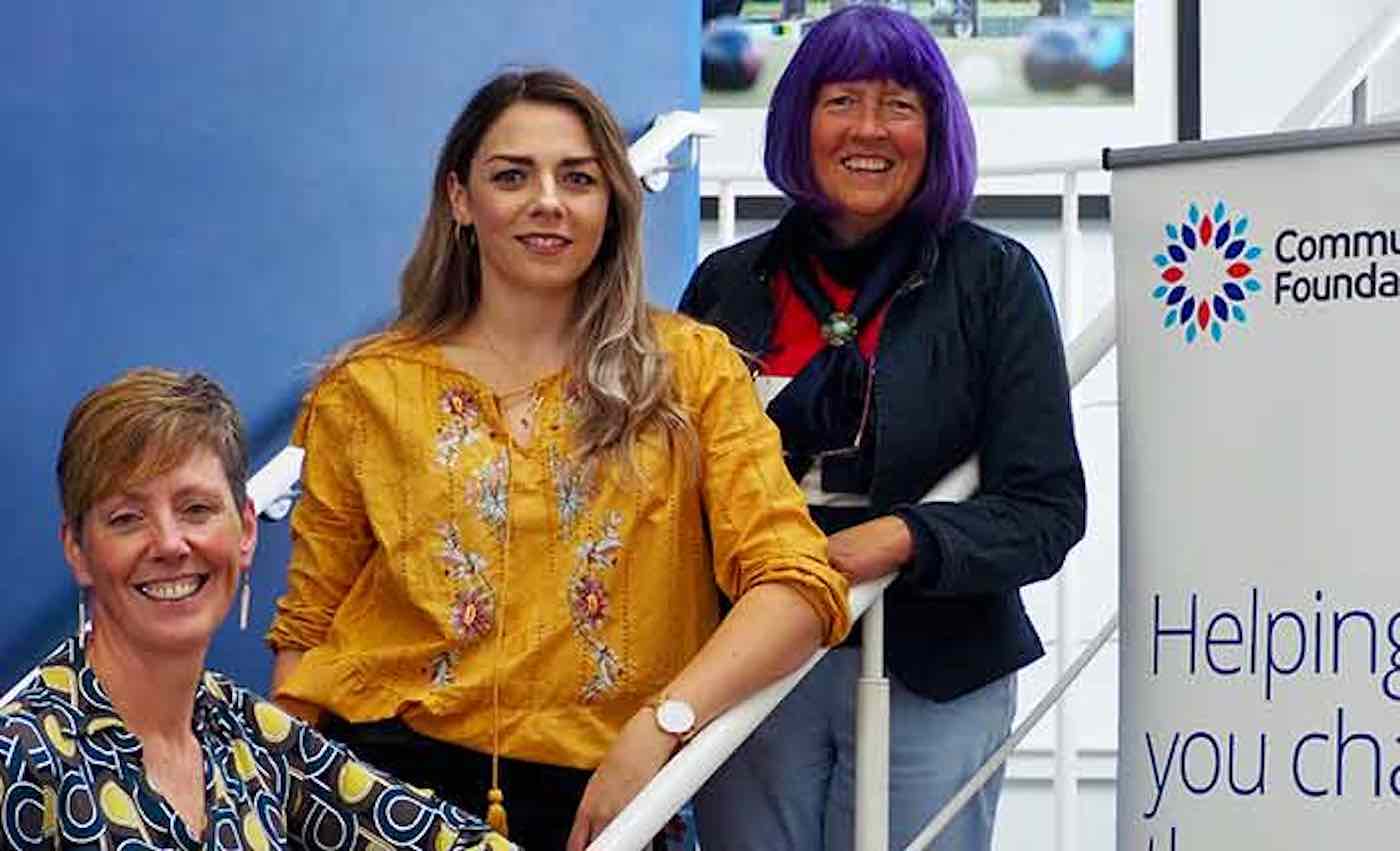A 65-year-old professor responsible for helping to develop a new ovarian cancer treatment has donated all of her profits to charity.
Professor Nicola Curtin is just one of the researchers from Newcastle University who has spent the last 30 years developing the Rubraca drug, which has been approved for use by the NHS in the UK.
The drug, which is classed as a PARP inhibitor, works by exploiting a defect common in ovarian cancer. The drug impairs the cancer cells’ ability to repair normal wear and tear to its DNA so that it kills tumor cells without harming healthy cells.
Since Newcastle University sold royalties for the drug £31 million, Curtin used her £865,000 ($1.2 million) share to launch The Curtin PARP (Passionate About Realizing Your Potential) Fund at the Community Foundation.
RELATED: This Seventh Grader Donated All $15,000 of His County Fair Earnings to a Children’s Hospital
The fund will support a range of activities to help people to develop the skills, talents and confidence to overcome barriers to employment or education. Priority will be given to carers, black and minority ethnic people, disabled people, homeless people and people who are experiencing disadvantage that prevents them from realizing their potential.
Though the first round of applications for the Curtin PARP Fund at the Community Foundation closed earlier this week, it will reopen again in mid-January for the 2020 round and receive applications at any point throughout the year.

“This journey has made me reflect on my own life, and it seems wrong for me to benefit from this financially,” said Professor Curtain. “I’m proud that this research will change lives, and I have everything that I need in life—a good job, a loving family, a nice house, but in society there are many who do not have this.
“I know first-hand that people are capable of amazing things, but society sometimes doesn’t always allow people to reach their full potential. So, through the Curtin PARP Fund at the Community Foundation, I want to leave a lasting legacy that will change lives for the better.”
MORE: Pink Floyd’s David Gilmour Auctions Off 126 Guitars and Raises $21 Million for Climate Change Battle
When asked by The Times why she opted to donate all her profits on the drug, she compared her work to winning the lottery.
“I don’t think any scientist is driven by monetary considerations,” said Curtain. “What we’re driven by, largely, is finding things out. And the fact that we’ve hit gold with this drug is largely down to luck. There’s been a lot of hard work by a lot of people, but that’s true of many projects that don’t reach fruition in the same way. I could easily have been one of these people.”
Be Sure And Share The Good News With Your Friends On Social Media…




















